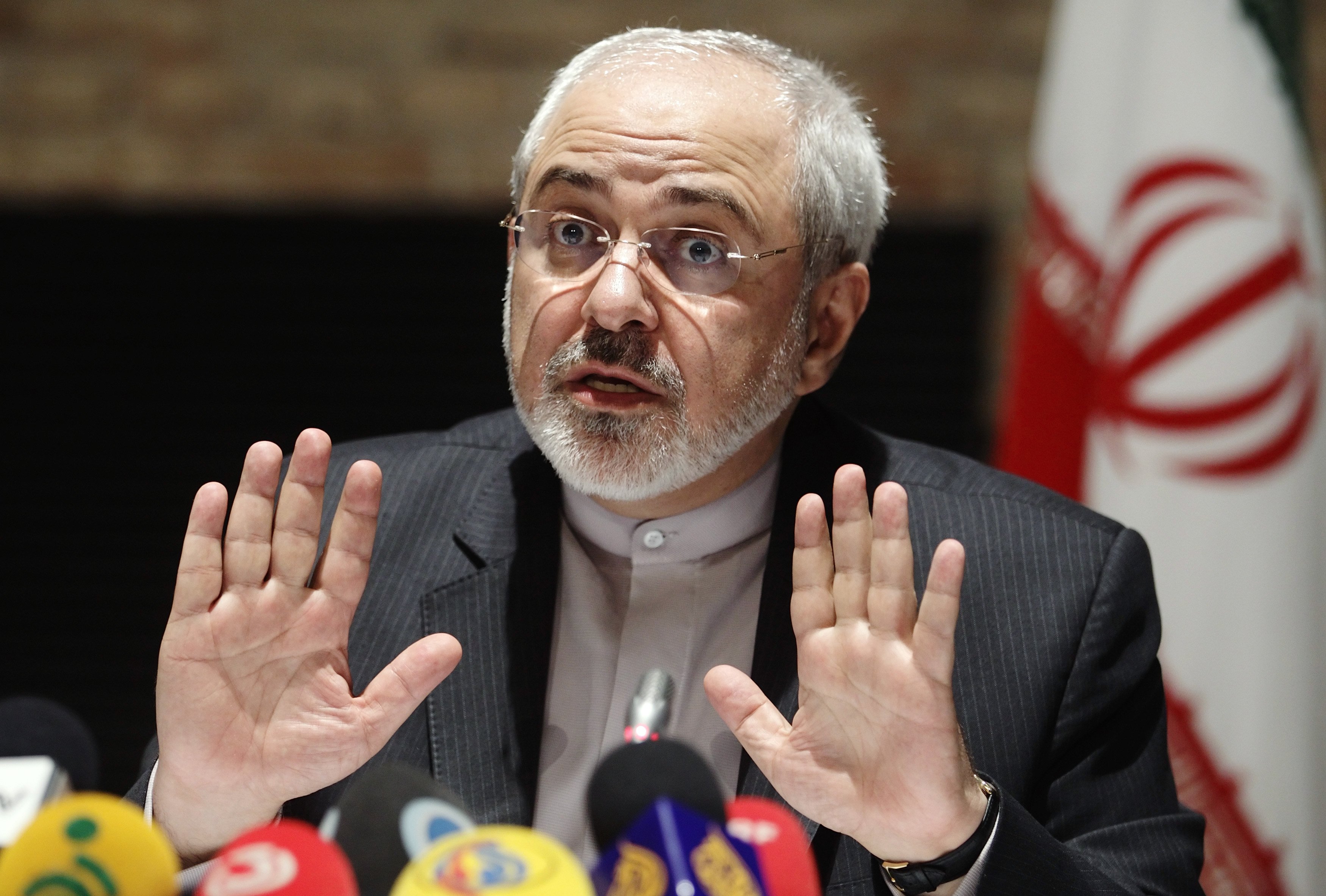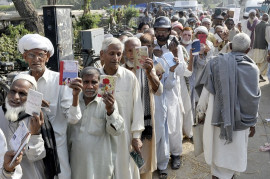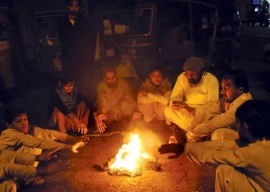
"Many thanks for the generosity of the dear and brave people
of Iran and its authorities over the past 67 months. I sincerely
apologise for the inability to continue serving and for all the
shortcomings during my service. Be happy and worthy", he wrote
on his Instagram page @jzarif_ir.
He gave no specific reasons for his decision.
https://www.instagram.com/p/BuUTD0CBv73/
Unconfirmed media reports indicated he resigned over Syrian President Bashar al Assad's visit to Tehran on Monday. Noting that Zarif was not pictured in any of the coverage of the visit, one online website said "the foreign minister was not informed".
Zarif played the lead role in striking the deal under which Iran agreed to curbs on its nuclear programme in return for the lifting of international financial sanctions. He came under attack from anti Western hardliners in Iran after the United States pulled out of the agreement last May and reimposed sanctions on Iran's economy and its lifeblood oil industry that were lifted under the deal. Assad made his first public visit to Iran since the start of Syria's war in 2011 on Monday, meeting Supreme Leader Ayatollah Ali Khamenei and President Hassan Rouhani.
US Secretary of State Mike Pompeo, in a post on Twitter, dismissed Zarif and Rouhani as "front men for a corrupt religious mafia." "Our policy is unchanged - the regime must behave like a normal country and respect its people", Pompeo said.
We note @JZarif’s resignation. We’ll see if it sticks. Either way, he and @HassanRouhani are just front men for a corrupt religious mafia. We know @khamenei_ir makes all final decisions. Our policy is unchanged—the regime must behave like a normal country and respect its people.
— Secretary Pompeo (@SecPompeo) February 26, 2019
A foreign ministry spokesperson and spokesperson for the Iranian
mission to the United Nations, Alireza Miryousefi, confirmed the
announcement of the resignation.
There was no immediate word, however, on whether Rouhani would accept it.
Several lawmakers and politicians took to social media calling on the pragmatist Rouhani to reject the resignation, saying it would not serve national interests and would empower hardliners in Iran's faction-ridden clerical establishment.
"Go to hell"
Born in 1960, Zarif lived in the United States from the age of 17 as a student in San Francisco and Denver, and subsequently as a diplomat to the United Nations in New York, where he served as Iranian ambassador from 2002-07. He was appointed minister of foreign affairs in August 2013 after Rouhani won the presidency in a landslide on a promise to open up Iran to the outside world.
Although Rouhani, as the president, is responsible for choosing ministers, Iran's top authority Khamenei traditionally has the last say over appointment of key ministers, including the foreign minister.
Since taking charge of Iran's nuclear talks with major powers in late 2013, Zarif has been summoned to parliament several times by hardline lawmakers to explain the negotiations.
Some hardliners even threatened Zarif with bodily harm after the nuclear deal was signed. Khamenei guardedly backed the deal, under which Iran agreed to curb its nuclear work.
A former commander of Iran's hardline Revolutionary Guards Corps, Hassan Abbasi, said in a speech earlier this month he believed Iranian people would spit on Zarif and those officials who supported the nuclear pact with powers.
"Rouhani, Zarif and (parliament speaker Ali) Larijani, go to hell," Abbasi said in the central city of Karaj, Iranian media reported.










1735815224-0/sidra--(11)1735815224-0-270x192.webp)












COMMENTS
Comments are moderated and generally will be posted if they are on-topic and not abusive.
For more information, please see our Comments FAQ